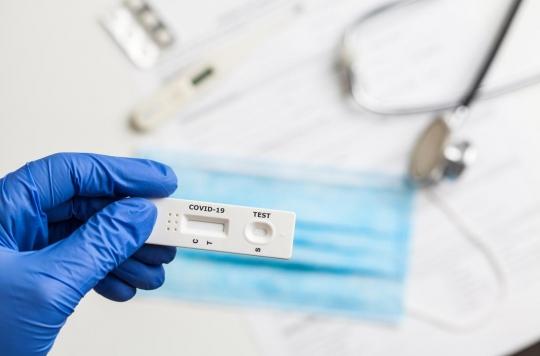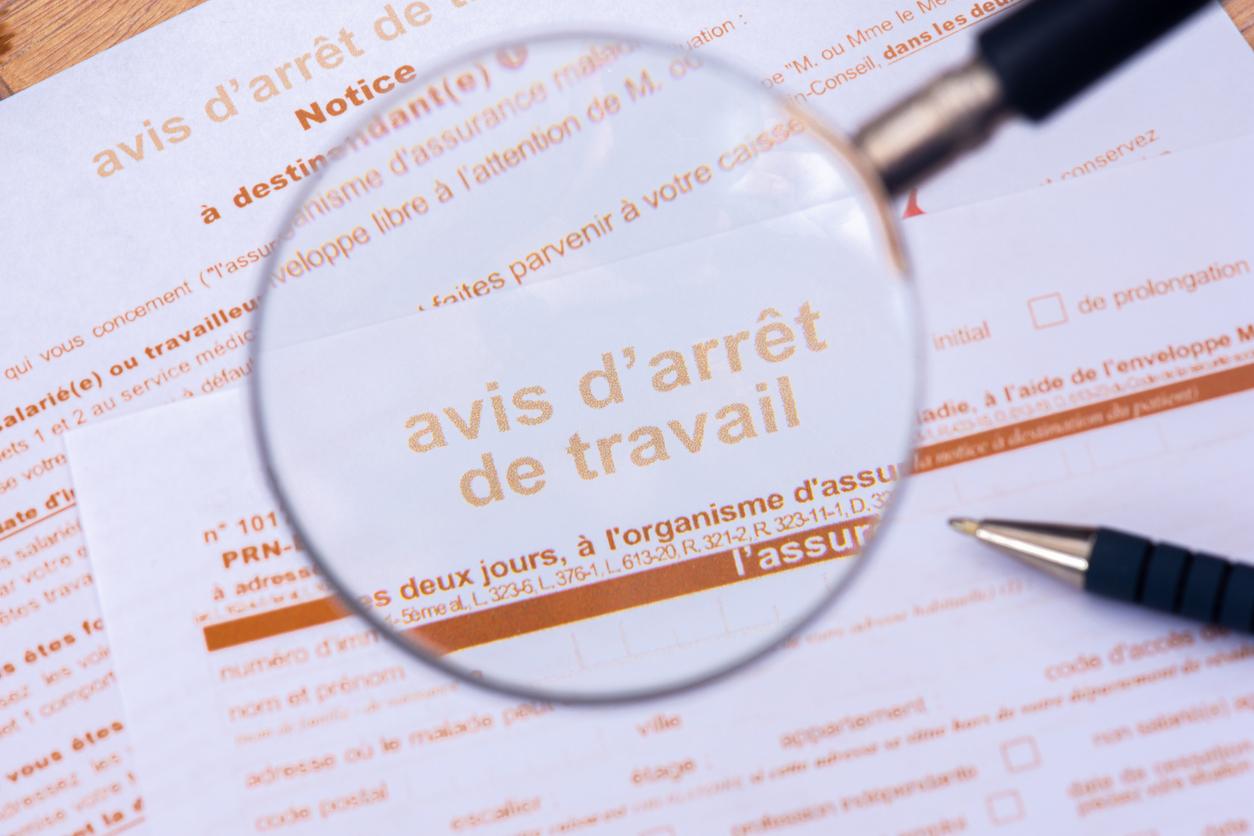In a video viewed more than 3 million times on the social network Tik Tok, a teenager explains how to get a Covid-19 screening test to be “falsely” positive.

- Serological tests look for specific antibodies produced by the immune system in response to an infectious agent (virus, bacteria, etc.) or foreign proteins in a blood serum sample.
- PCR makes it possible to detect the presence of the SARS-CoV-2 virus in the body of an individual at a time T, and therefore to confirm a diagnosis of Covid-19 made by a doctor at 95%.
We all know the trick of putting your thermometer on the radiator to make your parents believe you have a fever and thus skip class. But times have changed and today British teenagers are trying to skip school…by rigging their Covid-19 tests.
@amr.150 ##duet with @amr.150 education purposes only dont report it pls ???? ##centralcee ##covid ##covidtest ##education ##fyp ##viral
Two tests per person per week
As explained in a video that has gone viral on Tik Tok, serological screening tests can turn out to be false positive if a drop of lemon or apple juice, Coca-Cola, kiwi, water is poured on them. carbonated or even ketchup.
What largely disrupt the anti-Coronavirus policy implemented in the United Kingdom, overwhelmed by the Delta variant. There, the objective is to identify as soon as possible the pupils carrying the Covid-19, and especially the asymptomatic ones. At each start of the school year, students in secondary and higher education must pass three Covid tests within their establishments. The serological tests are then carried out at home to lighten the logistical burden. Each English family with children thus receives two tests per person per week, to be done by themselves.
“It was just to play”
Amaar, the 17-year-old behind the false positive video that went viral on Tik Tok, says his move was just meant to be entertaining. This Londoner did not expect at all that schoolchildren would take her seriously and exchange under her video many other tricks to fake screening tests. “It was an idea that came to my mind because I had just taken exams at school. I was bored, it was just to play”, he told Inews media.
“If someone deliberately botches the protocol, it is obvious that the result will be wrong”, Professor Andrea Sella, of University College London, explained to the Guardian. “But I would add that this is not a ‘false positive’ in the proper sense of the word. Because false positives are those that take place despite the respect of the protocol”, says the scientist.
.















